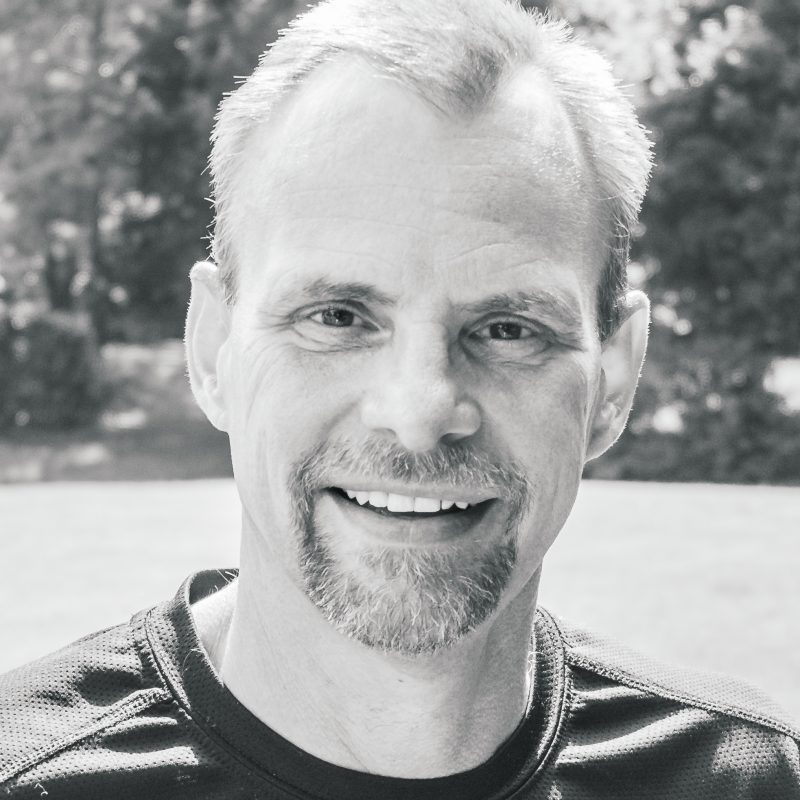Institutionalization as the Enemy

by Ted Esler
Institutionalization is a process that affects all organizations as they grow. It doesn’t matter if it’s a church, a business or a missionary agency: the forces of institutionalization work to change the culture and approach of the organization (I am going to use the word “organization” here loosely – to refer to any of the above three entities).
We have all experienced institutionalization. When we call a company and are told to “Press 1 for…” we feel it. Why then? Because institutionalization has much to do with “depersonalization.” When we deal with the automated phone attendant we recognize that the company is not giving us that human touch. Instead, we get the faceless institution.
This gives us a clue about the definition of institutionalism. It is when the organization (its goals, processes, and culture) takes precedence over people. It happens when we seek to scale work, removing the human element through automation, policy, rules and unspoken practices.
As the organization grows routines must be established so that the work can grow along with it. While some can lead through relationships in an organization of 25, nobody can when it is 500 people. We must lean on the commonly accepted guidelines that govern our interaction and work. Success (at least when measured in growth) creates institutionalization.
Senior leaders need to understand that the loss of the human touch is ultimately a death knell. While policies, rules, and practices are necessary for a wide range of reasons, leaders need to be vigilant about holding them at bay. When organizational survival takes precedence over mission it is pretty much over. Even though institutions have incredible staying power, eventually they all succumb to a loss of mission and purpose.
Liability issues are often used to beat leaders into submission to rules. Sometimes the liability is real and sometimes it is imagined. I have been in countless meetings where well-intentioned mid-level managers argue for a particular policy based on potential liability. My position has always been to resist these efforts by default. Only after deep consideration should they be allowed past the gates of common sense.
I realize that we pay lawyers and accountants to reduce corporate liability. That is a large part of their job. Left unchecked they will do it too well. This is not a knock on these fine professions but a recognition that the purpose of most organizations requires risk. Balancing these risk and liability is a fine art.
How these new rules are enacted is also very important. All organizations have what I call “hard edges” and “soft edges.” The automated phone attendant feels hard to us while a live person creates relationship and thus, a softer edge. One way to soften organizational edges is to explain the “why” behind a rule or decision. Make their purpose a de facto part of their explanation and execution. Don’t say, “Everybody has to do X now,” but rather, “We have learned that by doing X we can serve you better because…”
This touches on the issue of fairness. A common understanding of fairness is “treating everybody the same.” This is a sure and quick route to depersonalized rule and policy-making. People are not all the same. If a rule is being enacted to ensure fairness then somebody, somewhere, is being told “no” in favor of the organization’s harmony, legal compliance, etc. Sometimes this is unavoidable and is legally required. However, often this fairness principle is used to avoid discussion, compromise and making special exceptions for people’s unique situations.
Institutionalization is unavoidable. It is a part of what happens to us as we work together. There are even some “good” aspects to it (maybe that can be a future blog post). But minimizing its downside is a leadership function.
Now, press “1” to continue…





